| TRUMP INHERITS STRONGEST AMERICA IN YEARS; FIRST HUNDRED DAYS TO FEATURE REPEALS, RESCTRICTIONS & WALKBACKS |
| |
JEFFREY ENGEL
jaengel@mail.smu.edu
On what a President’s typical first day holds in store, and how Trump’s might be different…
- “A president's first day in office is typically filled with welcomes from around the world and from his own administration. He might field congratulatory calls from global leaders, friends and potential foes alike, each eager to start a new relationship with the new commander in chief out on the best footing possible. So too leaders from his own government, and from Congress, who will take the time to formally address ‘Mr. President’ so he knows what it sounds like coming from their voice. It is a day for ceremony and setting a tone, and for signing pre-determined executive orders rescinding his predecessor's or fulfilling campaign promises, but not typically for big decisions.”
On how the national situation Trump inherits compares to that of past presidents…
- “Historians will likely note that a man elected president in 2016 on the basis of lamenting America's fate inherited one of the strongest positions of any American leader in history. Barack Obama took over during the worst economic crisis since the Great Depression and with two major wars to oversee. He hands his successor a nation near full employment, a record of economic growth, and no large-scale military conflicts. Trump will be hard pressed to improve on Obama's overall record, but then again, it is clear that Trump's supporters were never impressed by the real story of Obama's presidency anyway.”
On what likely will, and wont, be accomplished in Trump’s first 100 days…
- “I expect the new administration, and more importantly the new GOP congress, will in its first 100 days repeal Obamacare, but not offer a real substitute; repeal environmental and worker's regulations; restrict funding for planned parenthood; and walk back as many of the previous administration's executive orders as they can, in particular those covering social issues and the LGBTQ community. It will not be 100 days of advance. In the promise of making American great again, it will be 100 days of retreat.”
Engel is director of the SMU Center for Presidential History
Books published:
- When Life Strikes the White House: Death, Scandal, Sickness and Personal Tragedies in the Oval Office, Jeffrey A. Engel and Thomas J. Knock, eds. New York: Oxford University Press, 2017
- Into the Desert: Reflections on the Gulf War, Jeffrey A. Engel, ed. New York: Oxford University Press, 2012
- Rethinking Leadership and “Whole of Government” National Security Reform, with Joseph R. Cerami. Carlisle, Pennsylvania: Strategic Studies Institute, U.S. Army War College, 2010
|
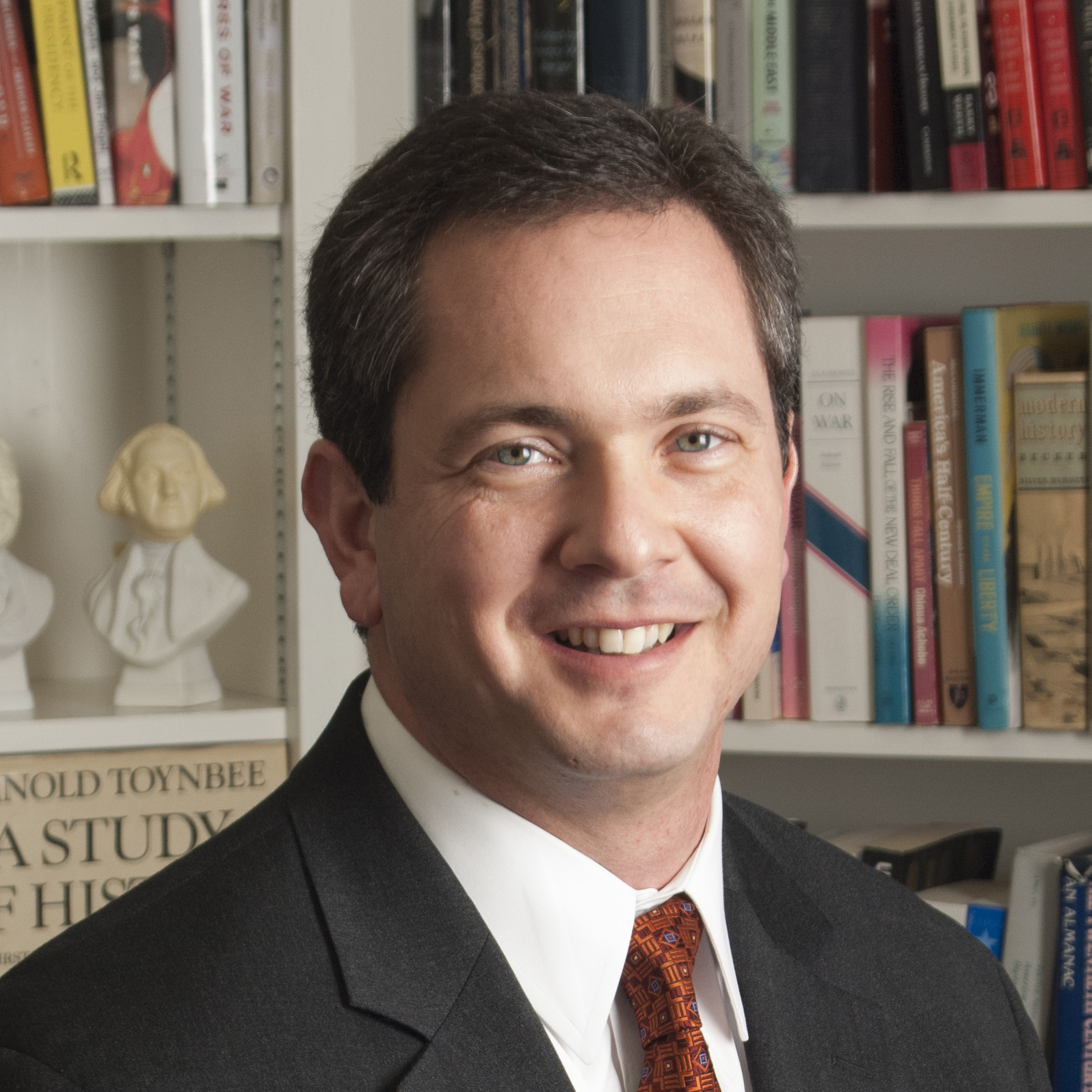 |
| |
| HOW TRUMP COULD WIN, OR LOSE, HIS INAUGURAL ADDRESS |
| |
CHRIS SALINAS:
cdsalinas@mail.smu.edu
On what a successful inauguration speech looks like…
- “The first thing he needs to do is draw the country together, and that’s something everyone wants to do. All elections are divisive. They are not unanimous decision. There are always people who lost and inaugural speeches always try to reach out and hit upon things all Americans can agree on.
- “Second, we look for incoming presidents to set a clear agenda and vision for the future. What will Trump focus on? What will he try to do? It doesn’t have to be specific, but presenting general ideas everyone likes, like helping the economy, making us strong internationally and protecting us, but with an ideologically conservative direction, is what we’d expect in a successful speech.”
On what an unsuccessful inauguration speech looks like…
- “One thing he wants to avoid is looking unprepared or, particularly for Trump, who started his campaign by dividing people, he doesn’t want to say anything divisive. I doubt he’ll say anything about building a wall, his immigration policies or anything bad about Hillary Clinton. For him, another negative would be for him to come off as too arrogant. One thing he said at his convention that people picked up on is that he’s the only one who can fix America. He wants to avoid saying things like that. He should say, ‘We can do this together.’ Avoid that self-aggrandizing speech. Essentially, this is an olive branch. He doesn’t need to pander to his base anymore. Anything that goes against that would be not ideal for him. It’s hard to flat out fail. You have to be trying to fail, and I don’t think he wants to do that.”
On what to expect from the crowd or protestors…
- “Inaugurations are usually celebrations. Typically, everyone there is happy and protests are muted. I’m curious to see if there will be any large organized protests either way. Elements of the left or right could make a big scene, and I’m curious to see if it will be a circus.”
Salinas is SMU’s director of public discourse in the Division of Communication Studies. He is taking a group of SMU students to Washington D.C. to observe and analyze the delivery of the inaugural speech (LINK TO RELEASE) in context.
Can discuss:
- political rhetoric
- campaign communications
- political debate
|
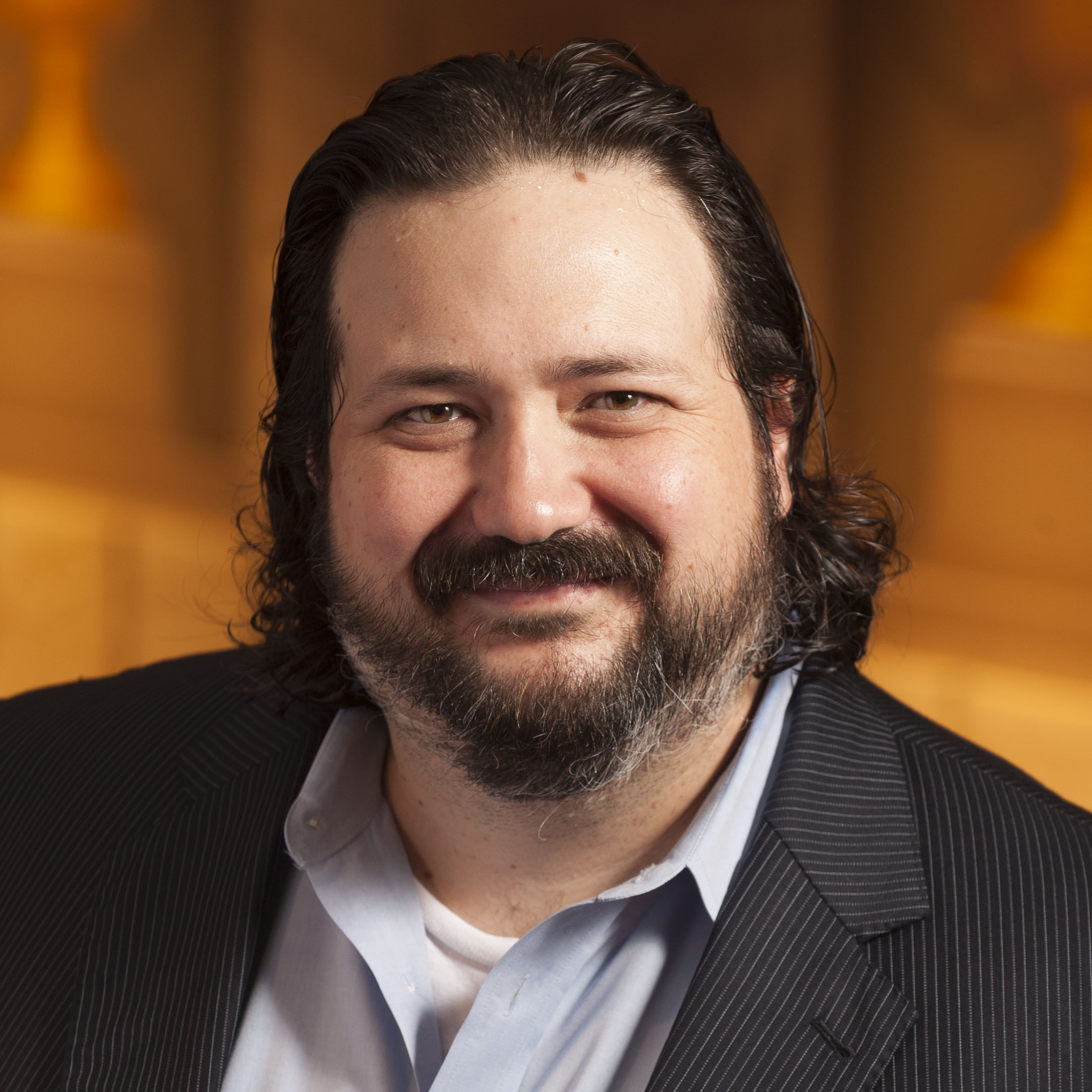 |
| |
| EVANGELICALS LOOK FOR TRUMP TO RECIPROCATE SUPPORT |
| |
MATTHEW WILSON:
jmwilson@smu.edu
On what evangelicals who supported Trump are expecting in return…
- “First of all, they’re looking for a friendly Supreme Court appointment. That’s probably the single most important thing, a justice who will be supportive to pro-life and religious issues. Second, they will be looking for Trump to undo what they see as some religiously unfriendly mandates of federal agencies under Barack Obama, particularly things like abortion and contraception coverage in Obamacare and a lot of the gay and transgender rights issues that Obama advanced in federal regulation. These are issues they see as religious freedom and conscientious objection protections for people who don’t want to embrace the Obama administration’s position on gay and lesbian issues or doctors who don’t want to perform abortions or things like that.”
On whether Pence, bathroom laws and the Supreme Court can reignite the culture war…
- “The battlefield has shifted. The culture wars will never be over. It is inherent in human nature to fight about cultural issues because these are things we really care about. Culture wars have resurfaced with a vengeance in Europe surrounding issues of identity and a range of questions. Here in the United States, the real frontier for the culture war now is individuals’ and institutions’ rights to do their own thing. That is, to abide by their own values in their own lives or own practices. That is what evangelicals are asking for, and it’s really shifted from 20 or 30 years ago when they were seeking to use the power of the state to reinforce what they hoped would be their dominant understanding of issues pertaining to homosexuality. With the exception of bathroom laws, that’s not what they’re seeking anymore. What they’re seeking now is to be left alone in their own institutions and personal lives to live according to their values. I suspect it will again come down to whether individual establishments have the right to have whatever bathroom policies they want and whether individual schools and churches can say, ‘We don’t care,’ or whether they will be able to say, ‘Use the restroom that corresponds to your apparatus.’ That’s going to be how these things are fought around the country.”
On the most intriguing looming struggle of Trump’s first 100 days…
- “I think the confirmation hearings for Trump’s cabinet picks will be very interesting, some more than others. A lot are very controversial. He appointed a lot of red meat conservatives to a lot of positions – people with beliefs that go in the face of liberals on a variety of issues.
- “For secretary of education, he appointed an enthusiastic school choice advocate. We know Democrats hate the idea of school choice because teacher unions hate school choice, so that will be a confrontational battle. We know Jeff Sessions is unapologetically conservative over a range of issues like voter ID and illegal immigration, and that will be an issue that he’s charged with.
- “The GOP, if it wants, can confirm these nominations pretty quick, because Democrats got rid of the filibuster. The only way it drags out is if you see GOP defections for any of these because Democrats can’t fight this on their own. The people to watch are senators like John McCain, Susan Collins, Linsey Graham and the handful of moderate republicans to see if they are significantly troubled by any of the Trump cabinet nominations. If they are, they can team with Democrats to stop them, but that’s what it will take.”
Wilson is an SMU associate professor of Political Science
Books published:
- Politics and Religion in the United States. With Michael Corbett and Julia Corbett-Hemeyer. Routledge Press, 2013.
- Understanding American Politics. With Stephen Brooks and Douglas L. Koopman. University of Toronto Press, 2013.
- From Pews to Polling Places: Faith and Politics in the American Religious Mosaic. Georgetown University Press, 2007. Edited volume including authored chapter.
|
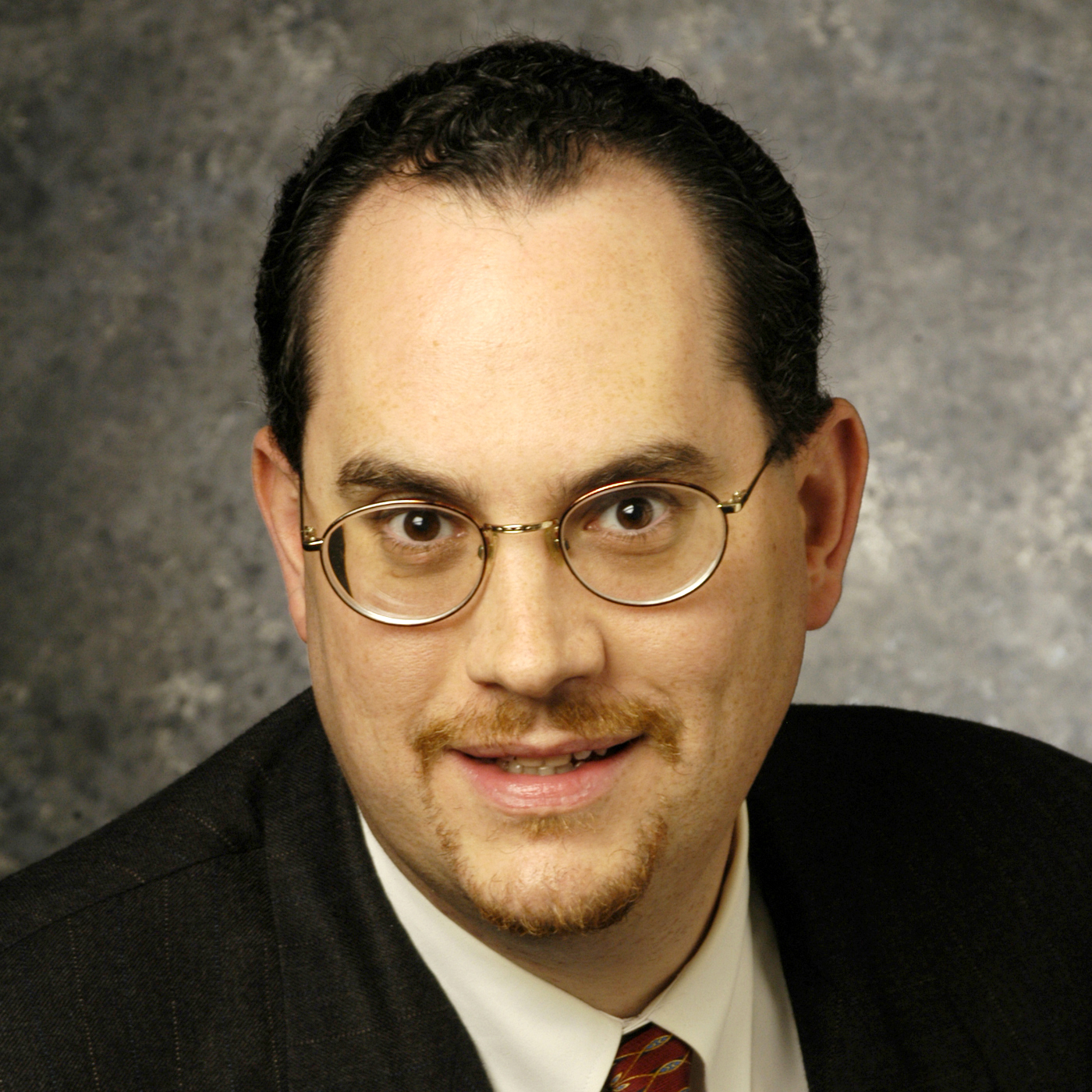 |
| |
| SHADES OF 2001: WHAT TRUMP CAN LEARN FROM BUSH 43’S INAUGURAL ADDRESS |
| |
BEN VOTH:
bvoth@smu.edu
Voth and his daughter Rebecca Voth wrote a chapter in the recently published book I Do Solemnly Swear: Presidential Inaugural Addresses of the Last Forty Years analyzing what President-elect Donald Trump can learn from George W. Bush’s 2001 inaugural address. It’s the only other recent inauguration speech delivered by a president who won the election despite losing the popular vote.
On what can Trump learn from Bush’s speech…
- “Trump doesn’t really need to, and he shouldn’t, be super specific about policy. Instead, he should appeal to the history of the nation and the future of politics. That’s one of the basic things you see in Bush’s speech. You can also see that it’s very important to appeal to unity. The most important problem after an election is coming back together as a nation, and that was very true in 2001 and very true now, too.”
On the greatest challenge of healing a country after winning without the popular vote…
- “The 2016 election was very divisive, but what may be a bigger issue is that we don’t have a simple media system that helps us recover anymore. It’s now a very complex media world. The internet allows us to view politics through shattered glass. It doesn’t matter what Trump says so much because it will be mediated by countless interpreters and each of us can view it through whichever shard of glass we choose to give a different perspective we like. It’s hard to have a unified discussion of the speech because of how fractured its interpretations will be. As a result, we will have a difficult time discovering unity as a country. Even 15 years ago when Bush won, there were fewer media lenses and websites, so it was easier to come together after an election as opposed to now, when studies show people are more partisan and more committed and entrenched in their ideals. “
On reports that Trump will write his own speech for the Inaugural address…
- “That’s definitely very atypical and against the trend. All the way back to at least Franklin Roosevelt, presidents have had speechwriters help them write their speeches. We know very well, and it is very established, that presidents have speech writers, and this is considered to be the most important speech to use a speechwriter for because of the unique opportunity it presents and the challenges the timing provides.”
Voth is SMU’s director of debate and an associate professor of corporate communications and public affairs
Can discuss:
- debate prep
- debate strategy
- comparisons between this debate season and the 2012 election’s debate season
|
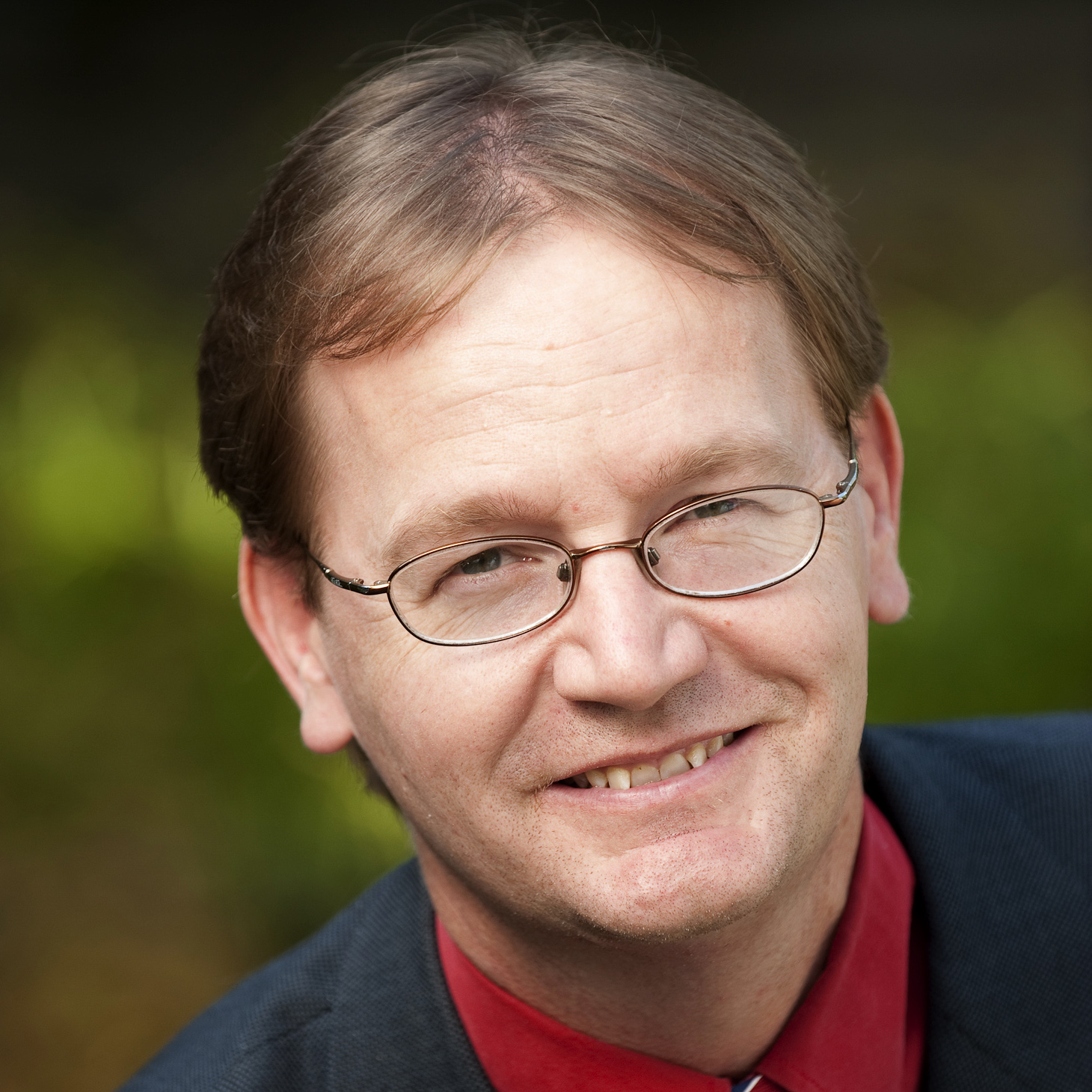
|
| |
| TRUMP PRESIDENCY WILL BE WHOLE NEW BALL GAME FOR MEDIA, NEW AND OLD |
| |
JAKE BATSELL
jbatsell@mail.smu.edu
On Trump’s reliance on Twitter as opposed to traditional press conferences…
- “It’s certainly more interesting that Trump has Twitter, but there’s been a lot of concern these past few weeks about how Trump can use Twitter as a one-way megaphone to define the day’s news agenda and distract from other things he’d rather the press not pay attention to. It’s critical to have news conferences where there is give and take between the president or the president-elect and the media, so follow-up questions can be asked that he may choose to ignore on Twitter. The President of the United States can’t rely solely on Twitter to convey his intentions to the American people.”
On Trump’s continued antagonism of traditional media…
- “It’s not clear that he has shifted from campaign mode to governing mode. Antagonizing the media obviously worked well for him in campaign mode, but in governing mode he has to at least cooperate in a civil manner with the press to articulate the goals and accomplishments of his administration. He may not embrace the press – there’s always an antagonistic relationship between the president and the media – but it’s important to have a civil, working relationship to communicate goals and objectives and he hasn’t established that yet. It will be interesting, especially after inauguration day, to see if those tactics change.”
On whether “Truth” will make a comeback after “Post-truth” dominated 2016…
- “I sure hope truth makes a comeback in 2017. We’ve seen promising signs, like the NYT seeing subscriptions rise after the election, Non-profit publications like ProPublica seeing a jump in subscriptions and even Vanity Fair seeing a jump in subscriptions after Trump tweeted something negative about them. One would hope his relentless attacks on the media will spur the American public to understand how important truthful reporting really is, to the point where they’re willing to pay for digital subscriptions to bolster their news diet with credible and verified reporting as opposed to fake news from Macedonian teens.
- “I sure hope politicians strive for more accuracy in their statements this year, but politicians who shared fake news or lied on Twitter in 2016 didn’t really face repercussions from the electorate for it. Now that some of these folks are shifting to governing mode, maybe the public will realize its essential for accountability to expect our public officials to share the truth.”
Batsell is an SMU associate professor of Journalism and a social media specialist
Books published:
|
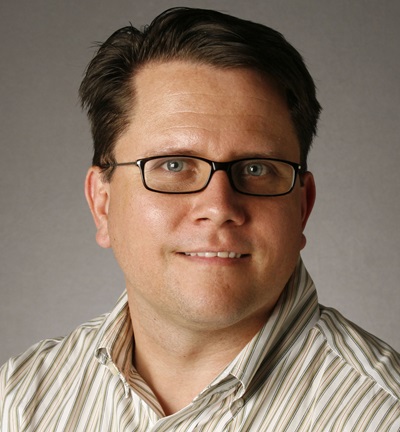
|




